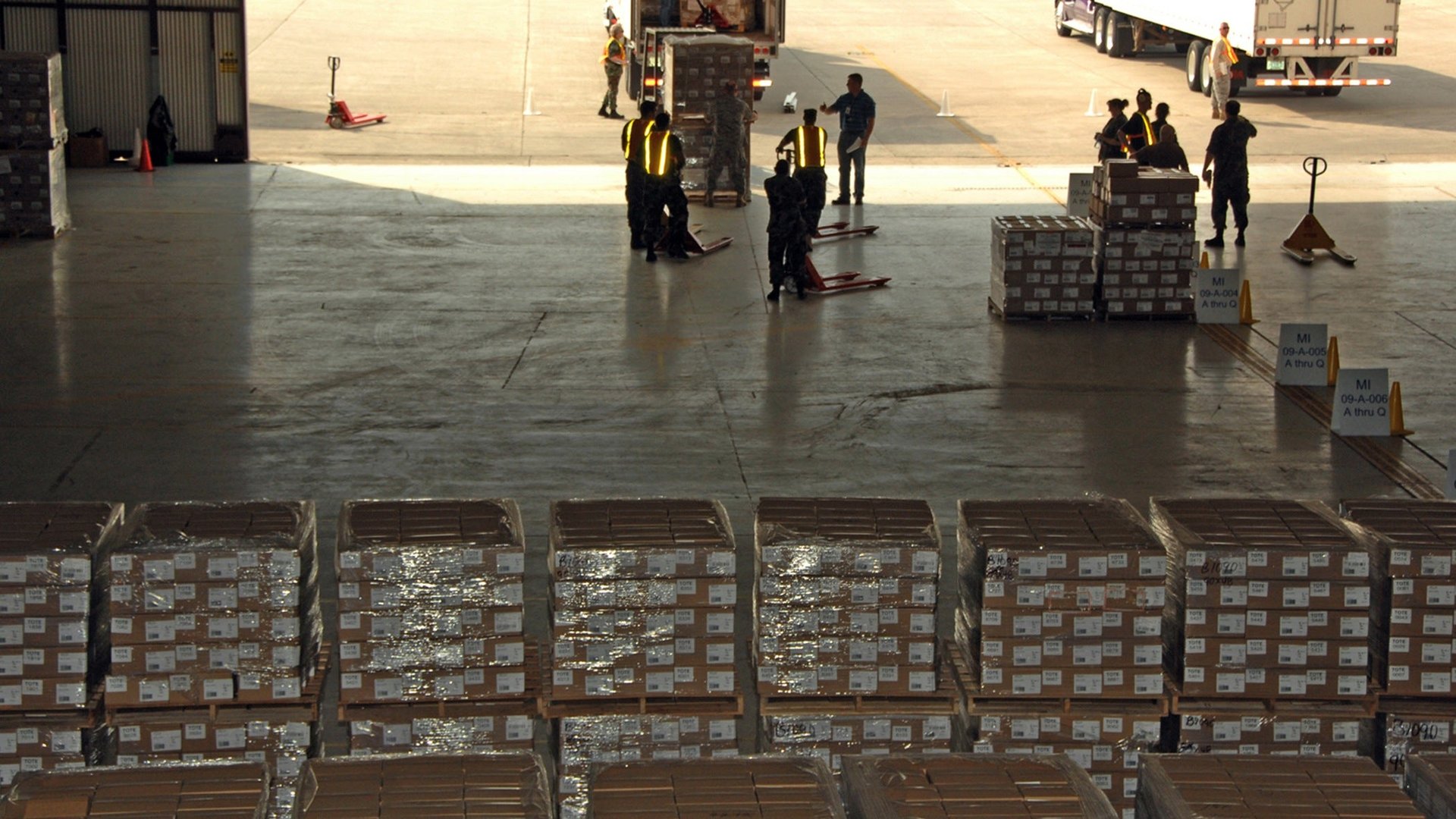Four reasons why Roche probably won’t benefit from bird flu
Roche Group today announced an unexpectedly strong first quarter, in part thanks to Tamiflu. Sales of the drug, which is thought to slow the cellular spread of the flu, were up 84% thanks to the nasty flu outbreak in North America over the winter.


Roche Group today announced an unexpectedly strong first quarter, in part thanks to Tamiflu. Sales of the drug, which is thought to slow the cellular spread of the flu, were up 84% thanks to the nasty flu outbreak in North America over the winter.
That was just regular flu, though. The real money lies in animal flu. In 2009, the year of the global H1N1 outbreak, Tamiflu contributed $3.4 billion in revenues. And, as it happens, the H7N9 outbreak in China appears to be spreading; the death toll rose to 10 people today, with 38 reported cases.
But it’s way too early to expect a windfall for Roche. First, while the odd country like Thailand might be stepping up its stockpiling of antivirals, most countries hoarded Tamiflu during the global outbreak of H1N1 in 2009. And since the drug’s shelf life is around 7 years, they don’t need more. ”[O]ur business in Tamiflu for [an] epidemic like this is predominantly based on the stockpiling that we’ve done with the countries for the past several years at both individual country level and also we hold a strategic stockpile for the WHO,” said Roche CEO Severin Schwan in the earnings call today.
And yet. If a pandemic broke out, those reserves could dry up fast. In order for that to happen, though, the virus needs to be able to spread more quickly, as Schwan indicated in the call. ”[V]ery importantly, we have not yet seen person-to-person transmission of the bird flu in China,” he said, implying that demand could pick up if this changes. China so far says that H7N9 patients contracted the virus from contact with pigeons or chickens. However, it’s also investigating two households in which multiple family members contracted the virus.
But even then, Tamiflu simply might not work well on H7N9. While the Chinese government denies that this is the case, Japanese researchers found signs that the new strain is resistant.
Finally, there’s the question of whether it works at all. An international non-profit group called the Cochrane Collaboration questions the drug’s efficacy, and has pressed Roche for three years to release unpublished clinical trial evidence that might shed more light on that. Lo and behold, on Apr. 5, Roche finally backed down (paywall), agreeing to release 74 drug trials that it sponsored over the course of the next few months.